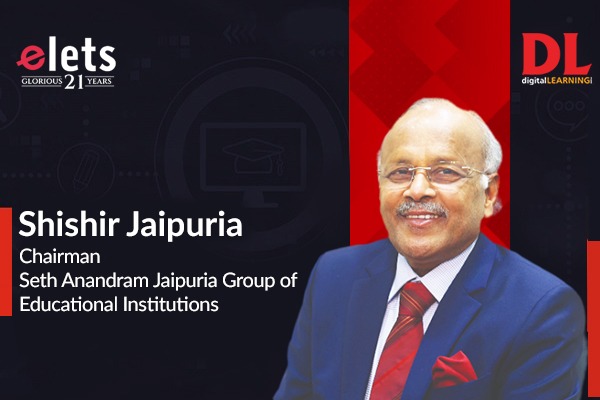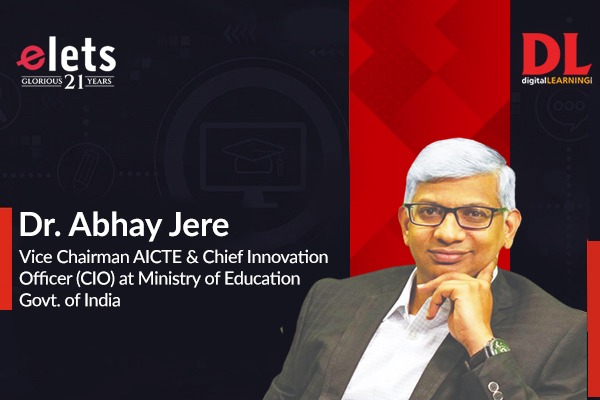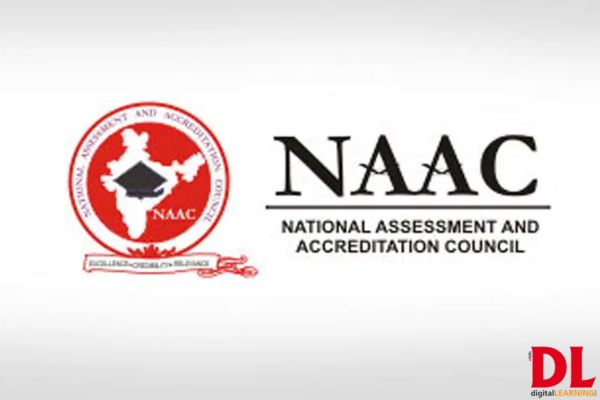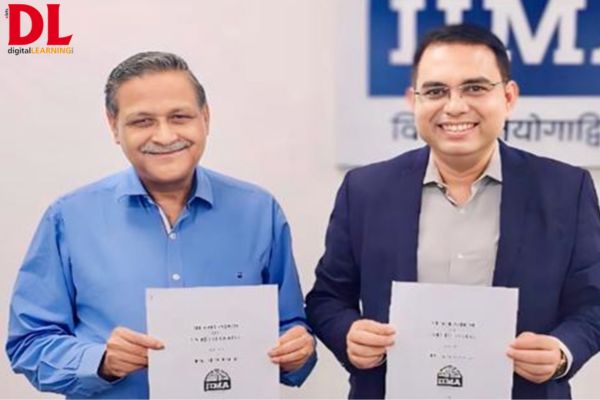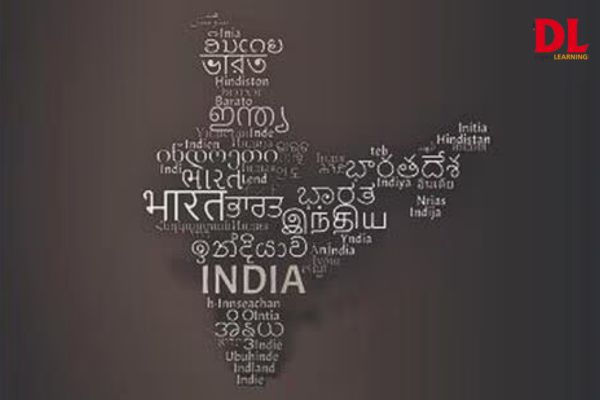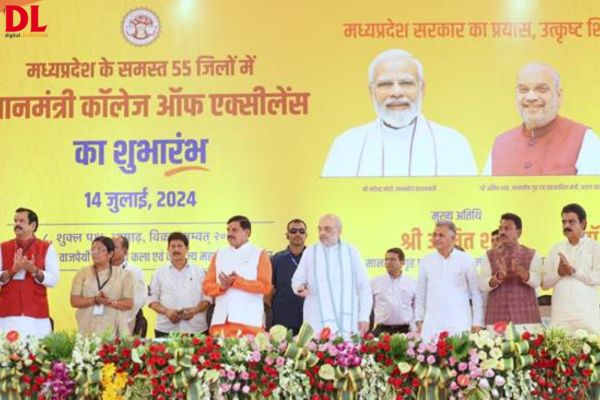Education will be a big catalyst for driving India’s growth and development in the Amrit Kaal. As the fifth-largest economy poised to be the third-largest in the next two years, India is ready to make strategic technological, infrastructure, and education advancements. The nation’s diverse and skilled workforce, nurtured by world-class educational institutions, will boost innovation and productivity. Several progressive educational institutions are driving this change through world-class education. A leading name among them is Seth Anandram Jaipuria Group of Educational Institutions.
A legacy of 79 years in education lends this group an interesting concordance with the story of Independent India. Founded in 1945 with the establishment of Seth Anandram Jaipuria College in Kolkata, the group has evolved into a conglomerate comprising institutions delivering education from KG to PG. Today, the group boasts 21 K-12 schools, five preschools, two management institutions and a teachers’ training academy. The group has a base of 20,000 students and over 15,000 alumni, making a real difference in the world. The Jaipuria Group delivers education aligned with NEP 2020, focusing on holistic development and active learning. The emphasis is on multidisciplinary studies, skill development, and digital literacy. By fostering inclusivity and innovation, these institutions ensure students are well-equipped for future challenges and global competitiveness.
Shishir Jaipuria, Chairman of Seth Anandram Jaipuria Group of Educational Institutions, says, “When India was on the cusp of gaining Independence from the colonial British, my grandfather Padma Bhushan Mungturam Jaipuria started the group with the vision of empowering the country’s youth to drive growth. My father, Dr. Rajaram Jaipuria, carried forward the vision, an ardent industrialist, educationist and philanthropist who believed in a harmonious blend of Indian values and progressive pedagogy. To date, we are committed to stimulating holistic development in learners through knowledge, new-age skills, and positive values.”
To better understand how the group creates a seamless educational journey from cradle to career, one needs a deeper look into the different aspects of this conglomerate.
Preschool Education: Laying the Foundation for Lifelong Learning
Little Ones, the Jaipuria Preschools, operate in several cities in Uttar Pradesh, including Ghaziabad and Kanpur. The preschools adopt unique developmentally appropriate practices conceptualised and designed to stimulate learning in the early years when 85% of the child’s brain development occurs. Some of these practices include the reading programme to develop literacy, Jodo Gyan to build numeracy and play-based pedagogy to make every lesson a game and every game a lesson.
K-12 Education: Shaping Minds for a Bright Future
Seth Anandram Jaipuria Group of Schools are located across 20 cities in North India, including Kanpur, Ghaziabad and Lucknow. The schools deliver new-age education focused on project-based, personalised, and social-emotional learning. Atal Tinkering Labs are innovation hubs, fostering creativity and interest in STEM education. The schools feature smart classrooms, radio jockey studios, and state-of-the-art sports infrastructure, providing a dynamic and engaging learning environment. A strong parental connection and community outreach are emphasised, alongside a commitment to sustainability. The school in Lucknow was chosen among the top 30 in the UN Sustainable Development Solutions Network, showcasing its global impact. The schools also strongly emphasise career and college counselling, guiding students towards successful futures. These comprehensive efforts ensure that students are well-rounded, socially responsible, and equipped with the skills needed for the 21st century.
Management Education: Making Learners Industry-Ready
Jaipuria Institute of Management (JIM), Ghaziabad, offers a full-time, two-year Master’s Degree Program in Business Administration (MBA), Business Analytics (BA), and Banking, Financial Services, and Insurance (BFSI). The institute boasts an NAAC Grade A accreditation. JIM’s pedagogy includes case-study methods, live simulated projects, hands-on decision-support systems, summer internships, industrial visits, and MOOCs. It hosts a skill development centre and an Institution’s Innovation Council (IIC), fostering innovation and an entrepreneurial mindset.
Jaipuria School of Business (JSB), Ghaziabad, is a prestigious PGDM institute with NBA accreditation and recognition by the Association of Indian Universities (AIU), granting MBA equivalence to its PGDM programs. The 2-year full-time PGDM program integrates functional knowledge, industry practices, and employability certifications. Beyond business education, JSB provides various value-added certifications to enhance industry readiness. The institute’s International Immersion Programme develops a global perspective among students, supported by collaborations with the University of Denver, USA, Sunway University, Malaysia, UCSI University, Malaysia, and Skyline University, Sharjah. Adhering to the i-Lead philosophy, JSB aims to inspire and elevate its aspiring managers. Both JIM and JSB have a 100% placement record.
STTAR: Equipping Educators With New-Age Pedagogical Skills
Saamarthya Teachers Training Academy of Research (STTAR) was founded in 2020 with the exclusive purpose of professional development of educators across all domains. The academy has since helped to transform the educational landscape with active engagement in various verticals such as teacher training, teacher competence testing, student assessments, academic research, curriculum development, and school enrichment.
The academy’s flagship events are the National Teachers Olympiad (NTO), National Students’ Olympiad (NSO), and STTAR Global Education Conference. The conference sees the convergence of the best leaders and educators from across India and the wider world to deliberate upon re-imagining and redefining pedagogy and teacher development in the technology-driven future. One of the most outstanding offerings of STTAR is the certificate course on ‘Transformative Teaching With AI’, which is presently an online programme delivered by global AI experts and specialists from Silicon Valley, USA
The Vision Ahead: Education For Viksit Bharat
Seth Anandram Jaipuria Group of Educational Institutions envisions a future of vertical growth and horizontal expansion. By 2027, the group aims to establish 70 K-12 schools, serving an expanded base of 50,000 students.
Shishir Jaipuria says, “We are committed to integrating technology and harnessing the power of artificial intelligence to enhance the quality of education, improve teacher productivity, and increase work efficiency. Professional development for teachers is a key focus, ensuring they are equipped with the latest skills and knowledge. Our ultimate goal is to deliver education that contributes to a “Viksit Bharat”, fostering innovation, critical thinking, and holistic development in our students. This vision underscores our dedication to excellence and our role in shaping the future of education in India.”









